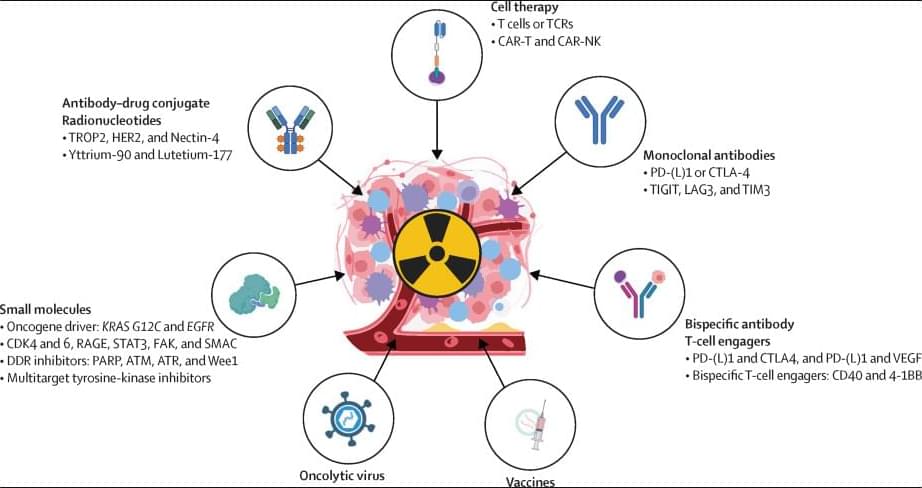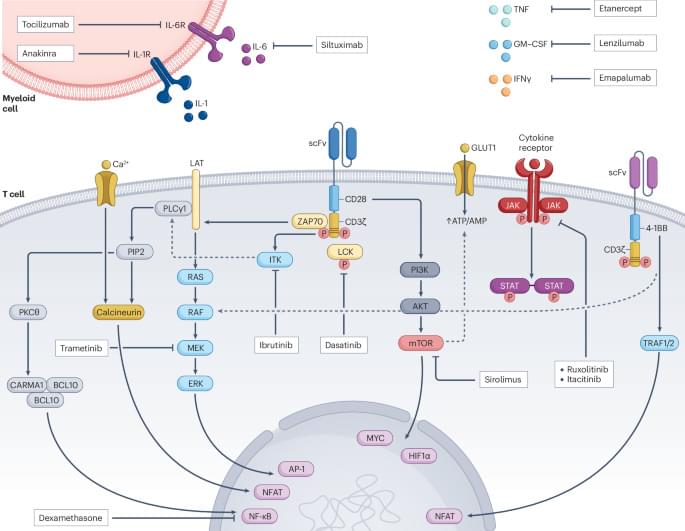The interview explores the fundamental premises of Analytic Idealism. Dr. Bernardo Kastrup, known for developing this philosophical system, discusses the nature of consciousness, life, God, and AI with Natalia Vorontsova.
All questions are based on input from our audience, and you can find below all previous interviews referenced during the conversation.
Prof. Bernard Carr.
• Cosmologist Prof. Bernard Carr On Con…
Dr. Bernardo Kastrup & Prof. Bernard Carr.
• What happens to consciousness when cl…
Prof. Julia Mossbridge.
• The Science of Precognition | Dr. Jul…
Dr. Federico Faggin.
• Interview with idealist physicist and…
• Groundbreaking Consciousness Theory B…
Prof. Marjorie Woollacott.
• New Evidence for Out-of-Body Experien…
00:00:00 Interview intro.
00:02:21 Is the fundamental nature of reality really mental?
00:07:38 Mind at Large vs. our individual minds.
00:10:01 What is the purpose of Life in general and our individual lives?
00:17:35 Does the brain generate consciousness or vice versa? Mind-matter relationship.
00:21:06 What is matter according to Analytic Idealism.
00:27:00 The role of evolution.
00:40:30 Does objective reality exist?
00:42:08 Does the Divine exist? God versus Universal Consciousness.
00:49:04 Pantheism versus panentheism: the nature of reality.
00:55:40 What is consciousness? Consciousness with big C and small c.
01:02:20 Anomalous phenomena in the context of Analytic Idealism.
01:05:59 Birth & death in the absence of time & space. Is spacetime fundamental?
01:10:34 Can love, justice or virtue exist if there is no free will? What is free will?
01:17:25 Why is Analytic Idealism considered to be a non-dual philosophy?
01:19:26 Under what conditions AI can become conscious? Blessing or threat?
01:29:33 Science and the world at large if & when Analytic Idealism becomes the mainstream paradigm.








